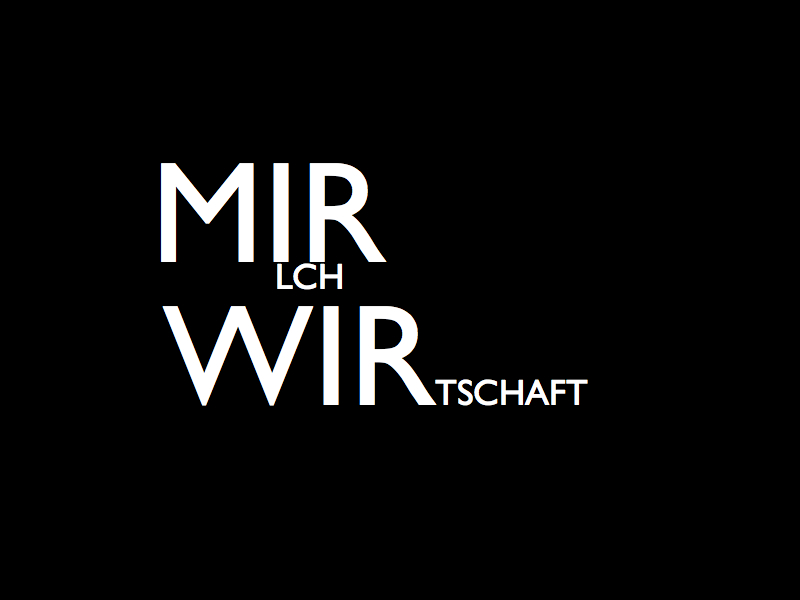… the bi-weekly column "Business World India" by DFIC Management Consultants Pvt. Ltd.
In this article we will explore the contribution that decentralized and renewable energy technologies can make to rural electricity supply in India.
Demand for reliable electricity services is significant. This is especially applicable to rural India, home to 70% of the nation’s population and over 25% of the world’s poor. Presently only around 55% of households are electrified leaving over 20 million households without power or in other words 400 million people do not have grid access. The supply of electricity across India currently lacks both quality and quantity with an extensive shortfall in supply and an overall need for extended and improved infrastructure. The Indian Government recently outlined an ambitious plan for 100% village level electrification by the end of 2007 and total household electrification by 2012 which has proved to be an impossible target.
So, Alternative approaches to rural electrification have been proposed. They typically combine centralized grid connections as distribution franchises and Distributed Decentralised Generation (DDG) projects operated at the local level taking advantage of renewable energy technologies. Renewable energy technologies represent some of the most promising options available for distributed and decentralized electrification.
Thus DDG projects, if widely replicated, can ease the burden on both electricity supply shortfalls (by serving rural areas and subsequently feeding back into the grid), and reduce the urgency of costly grid extension. DDG offers the potential for affordable, clean and reliable electricity with minimal losses and effective maintenance and local cost recovery. The recent policy initiative undertaken by the Indian government outlines new avenues for rural electrification through participation of Panchayats (rural bodies), NGOs, self-help groups, cooperatives and franchisees.
The use of renewables can avoid fuel transport or grid interconnection to remote areas, harvest frequently good resource potentials and tap into rural communities willingness to pay. The scalability of many renewable technologies allows for a gradual increase of electricity services provided in line with the purchasing power of the communities, and thus avoids the dilemma of past rural electrification projects which first deliver electricity as a free or highly subsidized good and thus subsequently fail to implement effective charging schemes to secure the continuation of power supply.
Rural electricity access in India is currently inadequate for needs of the rural population, and there is observed and revealed willingness to pay for better electricity supply. Indeed from an economic perspective, non-conventional forms of rural electrification may be feasible, particularly where villages are some distance from the existing grid. Renewable energy DDG projects, if widely replicated, can ease the burden on both electricity supply shortfalls (by serving rural areas and subsequently feeding back into the grid), and reduce the urgency of costly grid extension. In addition, by securing high bill payment rates, locally operated projects can ensure better cost recovery than equivalent grid distribution.
Large scale rollout of rural electrification requires an alignment of economic incentives and institutional structures to implement, operate and maintain the scheme. Successful projects have embedded the ‘best practices’ into their project implementation. There is great scope for large scale deployment of renewables for rural energy, through replication of these approaches, across India and beyond.
… written by Priti Chakraborty, Consultant, DFIC Management Consultants India Pvt. Ltd, Kolkata
About DFIC – Management Consultants Pvt. Ltd.:
DFIC Management Consultants Pvt. Ltd. is the Indian subsidiary of DFIC in Germany founded by German and Indian partners with experience in international consultancy. In Kolkata/ West Bengal, DFIC India has established an Indian Pvt Ltd. with well experienced local partners. The philosophy is based on using profound consulting knowledge to produce solutions for the clients´ benefit and a clear down to earth approach in relation to the client maturity.
DFIC India has a strong focus and in-depth knowledge of consulting the public sector with private sector and public private partnership know-how, markets and promotes governments for their investment activities, offers advanced technical talents and skills at reasonable cost, promotes European investments in India and vice versa to Europe as well as facilitates cross border trades with acquisitions and investment issues.







